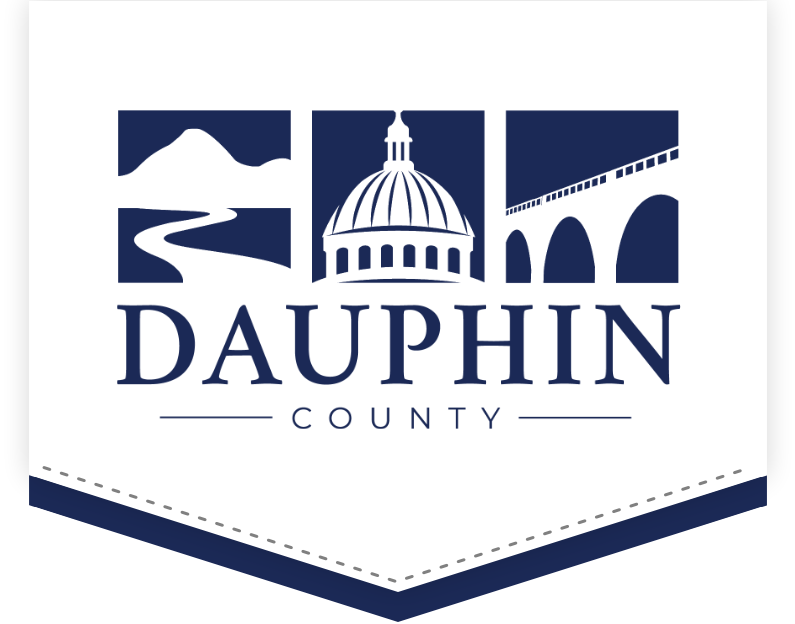Whole Home Repairs Rehabilitation Grant
.png?sfvrsn=9e21c6e4_6)
.png?sfvrsn=4dd15334_6)
**This program, including all home repairs, is financed in whole by a grant from the Commonwealth of Pennsylvania, Department of Community and Economic Development**
The Commonwealth of Pennsylvania, Department of Community and Economic Development
(“PADCED”) has allocated $2,811,276.00 to the Dauphin County Redevelopment Authority (“DCRDA”), as authorized by the Dauphin County Board of Commissions by Resolution No. 2023-1, for a county-wide housing rehabilitation program
The Program will be administered by the:
Dauphin County Redevelopment
Authority
2 S. Second Street, Room 124
Harrisburg, PA 17101
Due to the overwhelming volume of applications received the Whole Home Repairs Program application is now closed.
Quarterly Whole Home Repair Reports
2024 - Q3 Report (July 1, 2024 - September 30, 2024)
2024 - Q4 Report (October 1, 2024 - December 31, 2024)
2025 - Q1 Report (January 1, 2025 - March 31, 2025)
2025 - Q2 Report (April 1, 2025 - June 30, 2025)
2025 - Q3 Report (July 1, 2025 - September 30, 2025)

